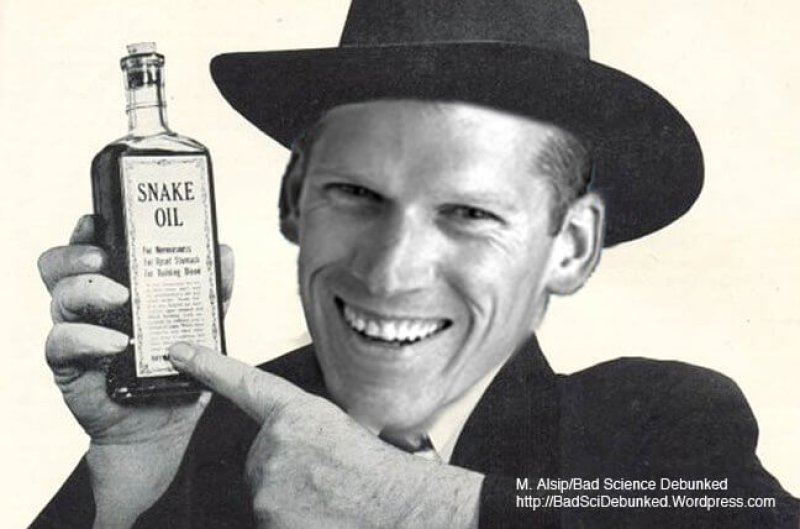Welcome to the vast universe of self-built social media empires devoted to spreading false, misleading, and polarizing science and health news — sometimes further and wider than the real information. Here, climate change is a government-sponsored hoax, fluoridated water is poisonous, cannabis can cure cancer, and airplanes are constantly spraying pesticides and biological waste into the air. Genetically modified food is destroying humanity and the planet. Vaccines are experimental, autism-causing injections forced on innocent babies. We can’t trust anything that we eat, drink, breathe, or medicate with, nor rely on physicians and public health agencies to act in our best interests.
…
Perhaps the loudest voice in the anti-science news ecosystem is Mike Adams, a Texas software engineer turned media mogul….
Adams insisted that the biotech industry was orchestrating “bioterrorism attacks” on the fast-food chain in retaliation for using non-genetically modified ingredients. His theory was liked, commented on, and shared 127,000 times, including by comedian D.L. Hughley.
“Maximally divisive, maximally paranoid, violent” — that’s how Steven Novella, an assistant professor of neurology at Yale School of Medicine, describes Adams. “He tells readers, ‘Don’t trust anybody, trust me and my pseudoscience, it’s all a big giant conspiracy.’”
…
But social networks can reinforce and amplify the non-nuanced, non-reported, scariest-sounding fears that people already or want to believe. People googling health information “might be distrustful of a website they just found on the internet,” said Brendan Nyhan, a political science professor at Dartmouth College who has studied why people reject vaccines. “But if a friend shares a story with you and says, ‘This is really important,’ you might be more likely to believe it.”
The GLP aggregated and excerpted this blog/article to reflect the diversity of news, opinion, and analysis. Read full, original post: Inside the anti-science forces of the internet































